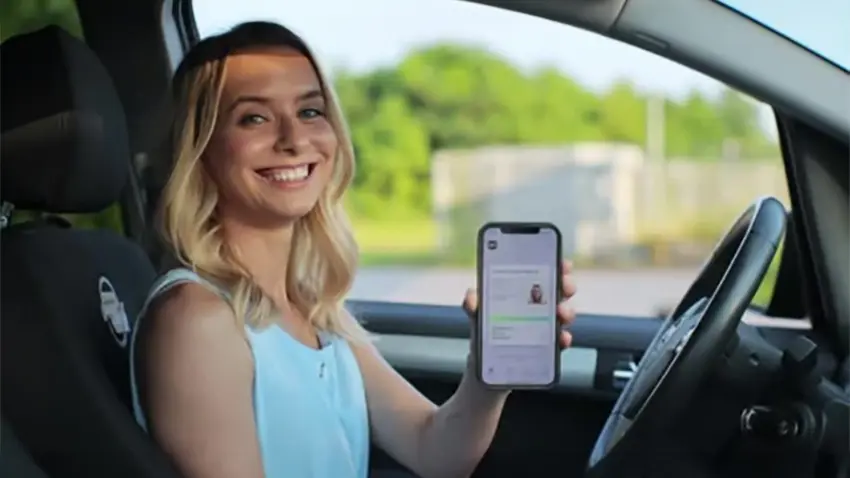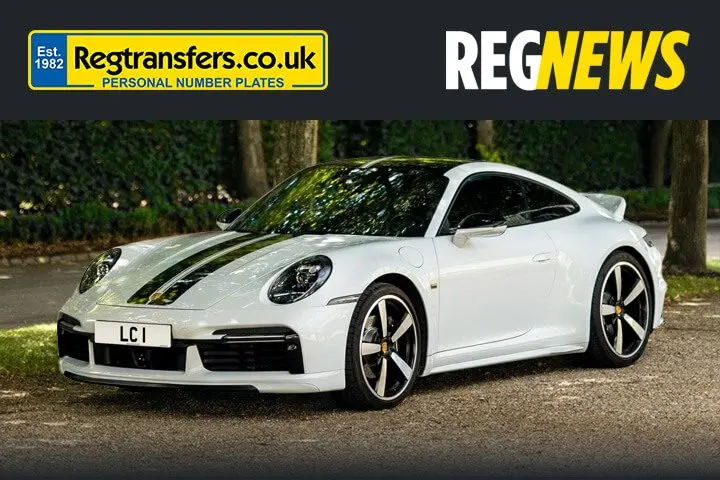
Considering that the UK government plans to introduce digital driving licences during 2025, it is surprising how many people have never heard of them. Even those who remember reading or hearing about digital licences often seem to have little understanding of what they actually are.
The announcement
A government press release dated 21 January 2025 announced:
The UK government is launching a GOV.UK Wallet and App to simplify access to services and documents like digital driver’s licences [...]
Brits will be given the option to use a digital version of their driver’s licence from their phone to easily prove their age when buying age-restricted items online and in person – as well as proving their right to drive.
A mobile driver’s licence will be one of the first digital documents in a GOV.UK Wallet launched later this year and will ultimately allow people to prove their age from their phone in shops or online, the Science Secretary Peter Kyle announced today
Optional
The wording of the press release suggests that (as any sensible person might expect) the use of a digital version of the driving licence will not be compulsory, at least not at first. Passages such as "Brits will be given the option to use a digital version of their driver’s licence", and "For people who choose to use GOV.UK Wallet [...]" make that pretty clear. Until the system is proven secure, no doubt many people will prefer to carry a photocard licence rather than rely on phones, which may be vulnerable to theft, hacking, drained batteries and poor signal reception.
It also remains to be seen how many people actually feel comfortable installing government apps on their phones.
Security
The press release states that,
The GOV.UK Wallet will allow users to securely store government-issued documents on their phone and use them easily when needed. The technology will make use of security features that are built into modern smartphones, including facial recognition checks similar to those used when people pay using a digital bank card. It means that digital documents will be more secure, even if a device is lost.
Although biometric security measures such as fingerprint, voice and facial recognition are now common on smartphones, a significant number of people, especially older people are using phones that are several years old. Many such devices lack even fingerprint sensors, let alone voice and facial recognition options.
It also remains to be seen how secure the government's IT infrastructure really is. The more of our information stored on a system, the more attractive that system becomes as a target for hackers and fraudsters. Many of the world's biggest corporations and institutions have suffered data breaches at some time.
Benefits
No doubt there will be plenty of sceptics reluctant to entrust more of their data to the internet, and plenty more who are reluctant to let a government app onto their phones. For those people, the voluntary aspect will be welcome, although time will tell if the digital licence remains an option rather than a requirement. For now though, anyone who does sign up will still have a physical printed licence to fall back on if the digital version should prove inconvenient or problematic.
There are other potential benefits to the digital driving licence: it could also function as an ID card, proving your age and identity in situations such as collecting parcels from post offices and purchasing age-restricted goods from stores.
If one were to carry physical versions of all the documents one could need in one's daily life to address a range of fairly ordinary situations, one might soon fill the glove box of the car. Driving licence, MOT certificate, car insurance certificate, utility bill or bank statement as a second form of ID, National Insurance number, NHS number etc are just a few of them, and once taken from the house, documents may get lost, stolen or damaged. Having all these and more on one's phone could prove to be pretty convenient in the real world.
We'll see soon enough how the scheme works out. Assuming, that is, that it arrives at all: government plans do tend to be a little... changeable.
